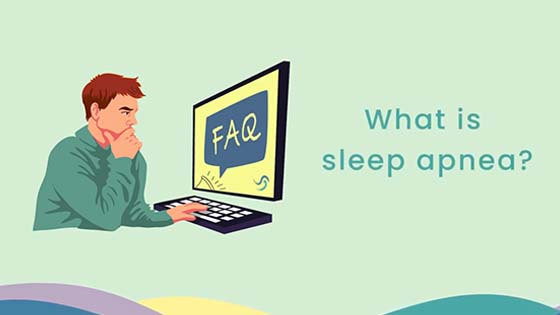Sleep apnea afflicts an estimated 22 million people in the United States. This dangerous disorder causes repeated pauses in breathing throughout the night, depriving its victims of oxygen, interrupting their sleep cycle, and putting them at an increased risk of numerous health conditions. When you understand this condition and seek appropriate treatment, you will be one step closer to breathing easier, sleeping better, and enjoying an overall improved quality of life.
Sleep Apnea Basics

Snoring is caused by the tissues in the mouth and throat relaxing into the airway. As someone breathes throughout the night, the tissues vibrate and this creates snoring. With obstructive sleep apnea, this goes a step further. Rather than simply vibrating, the tissue completely blocks the throat, cutting off air. Sleep apnea is a medical disorder that can greatly impact your health, diminishing the quality and longevity of life.
To have a better understanding of sleep apnea, take a coffee stir straw and try to breath out of it while plugging your nose. The straw represents how much air passes through the airway while sleeping with sleep apnea.
When your body doesn’t receive enough air, you will awaken just enough to breathe, causing disruptions in your sleep pattern and sleep quality. The lack of deep, REM sleep causes stress to the body and organs, as well as daytime drowsiness. People who experience frequent snoring and sleep apnea are more likely to suffer from mood swings and daytime fatigue, putting them at greater risk for serious workplace and car accidents.
While snoring is a common symptom of sleep apnea, you can be a snorer and not have the condition — this is why it’s important to seek a professional diagnosis from a sleep medicine expert.
Sleep Apnea Symptoms

Loud, frequent snoring is one of the most common sleep apnea symptoms. However, it is not the only indication that something is amiss with a person’s nighttime breathing. Other signs and symptoms that indicate a need to seek diagnosis and treatment include:
- Mood swings
- Daytime fatigue
- Slowed reaction times
- Waking up gasping for air
- Frequent nighttime urination or bedwetting
- Difficulty falling asleep
- Waking up with a sore throat or dry mouth
- Unwanted weight gain
- Bruxism (nighttime teeth grinding and clenching)
- Headaches and migraines
Additionally, sleep apnea can increase your risk of cardiovascular disease, diabetes, stroke, and high blood pressure.
Type of Sleep Apnea
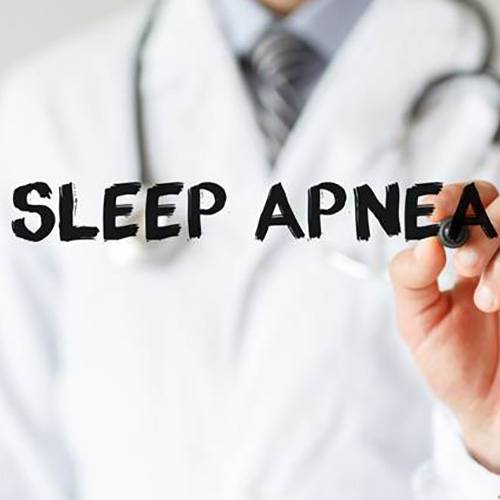
There are three types of sleep apnea. The most common is obstructive sleep apnea (OSA), wherein tissues in the throat block the free flow of air. It can afflict patients of any age, though it is more common among elderly individuals. It is also more prone to affect people who carry excess body weight, particularly when large amounts of fatty tissue are present around the neck.
The other types of sleep apnea are:
- Central sleep apnea. This occurs when the brain fails to send proper breathing signals to the body.
- Complex sleep apnea syndrome. Also known as combined sleep apnea, this is characterized by signs of both OSA and central sleep apnea.
How Is Sleep Apnea Diagnosed?
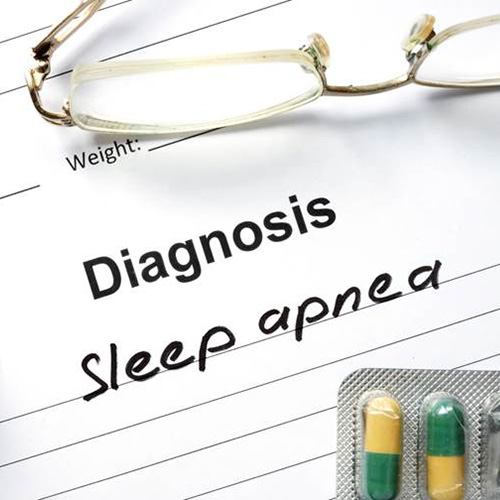
If you are experiencing signs and symptom of sleep apnea, you should arrange to undergo a sleep test. A sleep test involves the use of sophisticated sensors that monitor your bodily functions while you sleep. After a qualified physician reviews the results of the test, they can tell you whether you have sleep apnea and how severe your condition is.
Treating Sleep Apnea
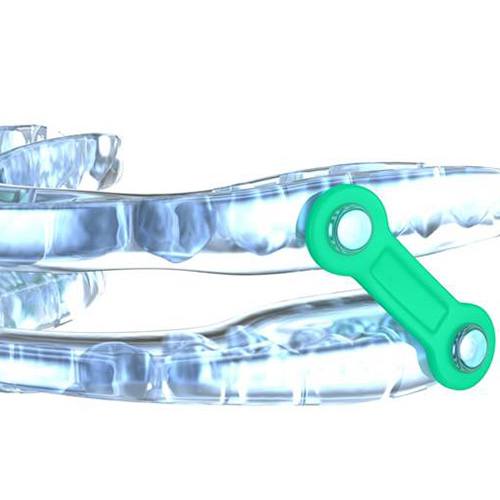
Fortunately, sleep apnea is highly treatable. Most patients are told to use a continuous positive airway pressure (CPAP) machine. However, CPAP therapy can be uncomfortable and challenging to comply with.
Many people prefer to use an oral appliance, a small mouthguard-like device that repositions the jaw at night in order to allow for uninterrupted breathing.
Alongside professional treatment, patients can make lifestyle changes to lessen their symptoms. For example, losing weight, exercising more, and not drinking alcohol before bedtime could all reduce the severity of OSA.
Is Sleep Apnea Therapy Covered By Insurance?
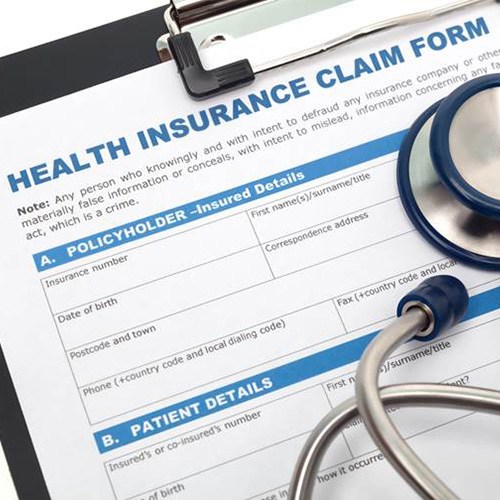
Yes, sleep apnea diagnosis and treatment (including both CPAP and oral appliance therapy) is usually covered by medical insurance. You might have to get pre-authorization before you move ahead with care, but our team can assist you with that. We are in-network with several major plans, and we are happy to accept Medicare as well.
You may have to pay a deductible or other fees before your insurance coverage kicks in. However, most patients find that their policy greatly reduces their out-of-pocket cost for sleep apnea treatment.

